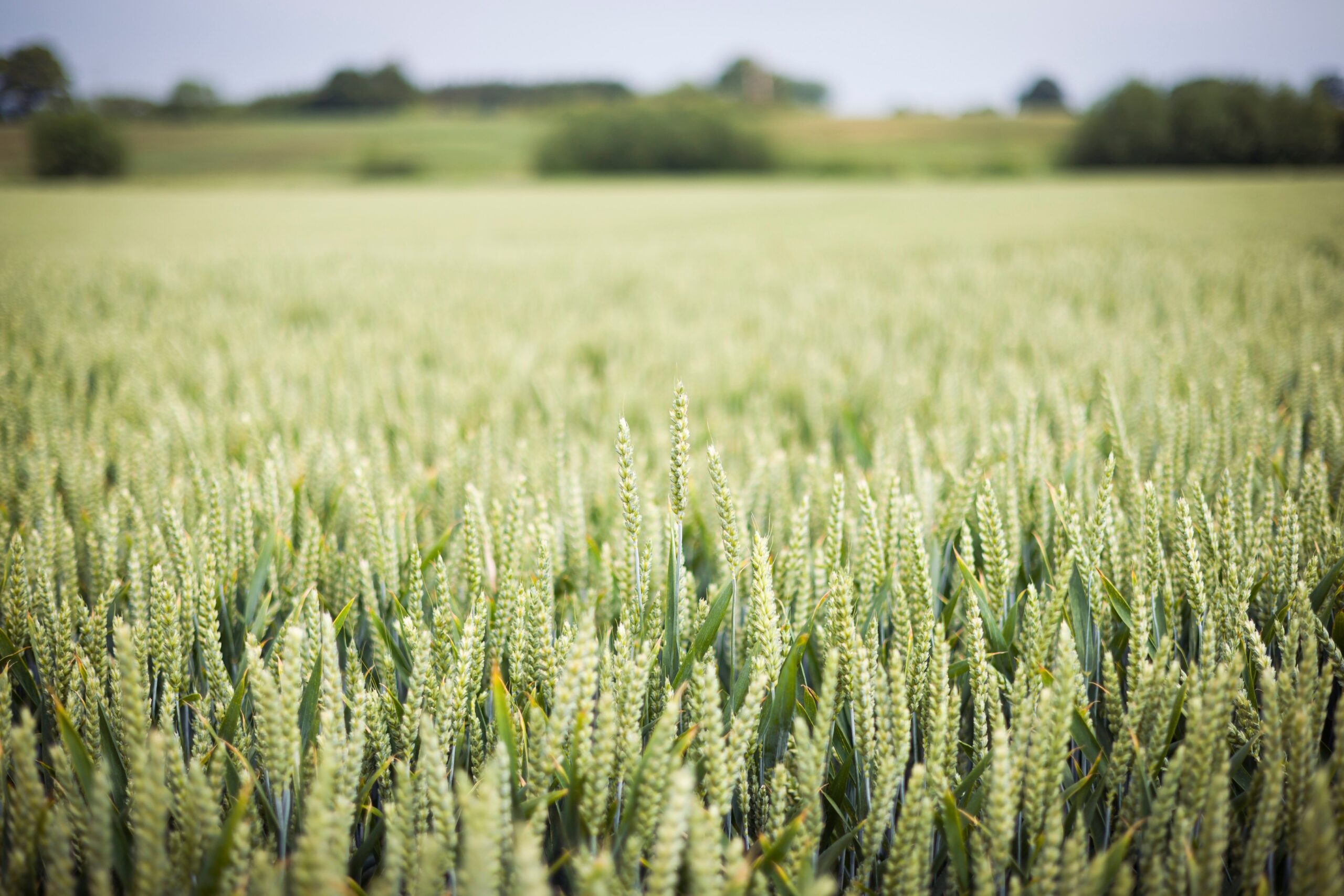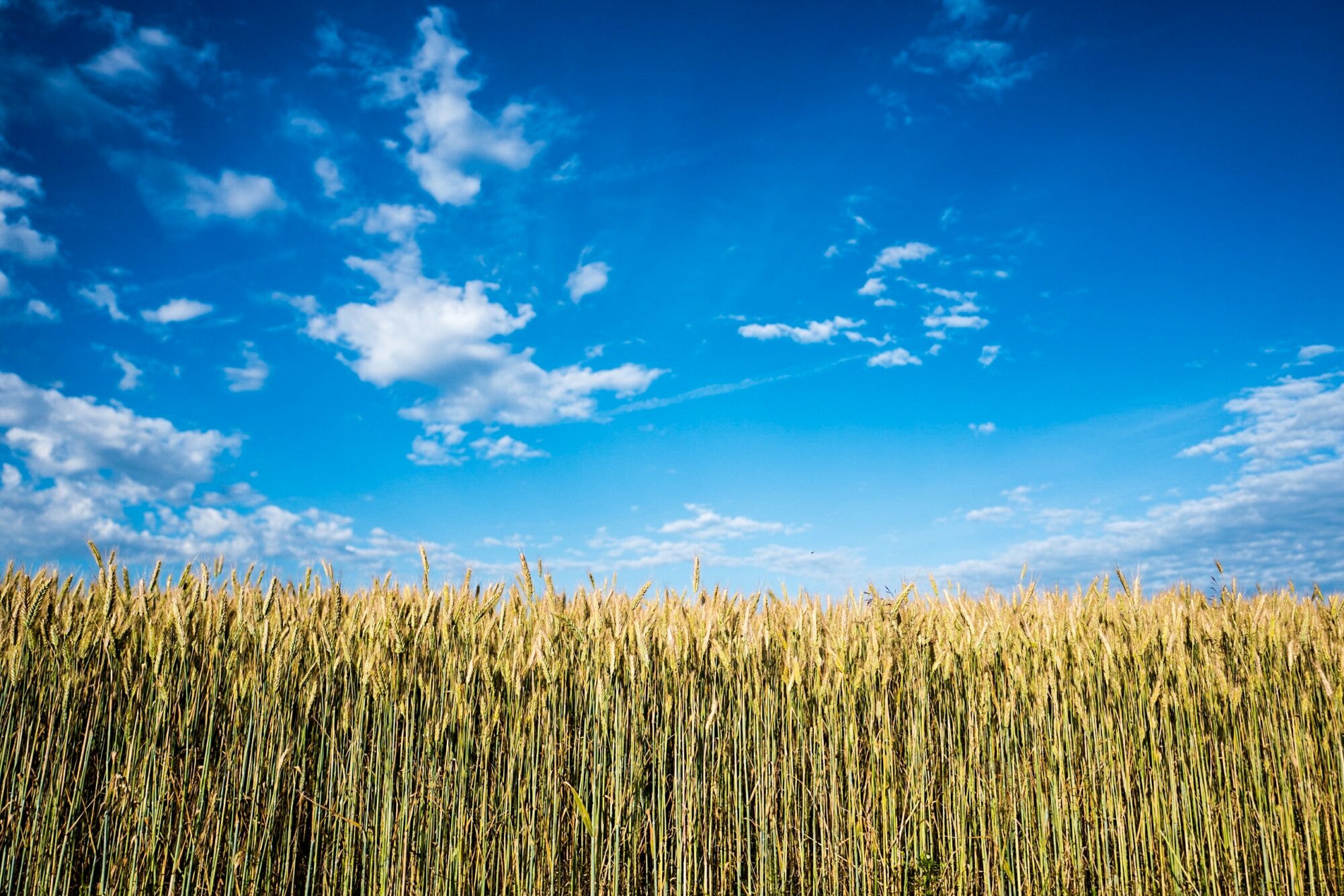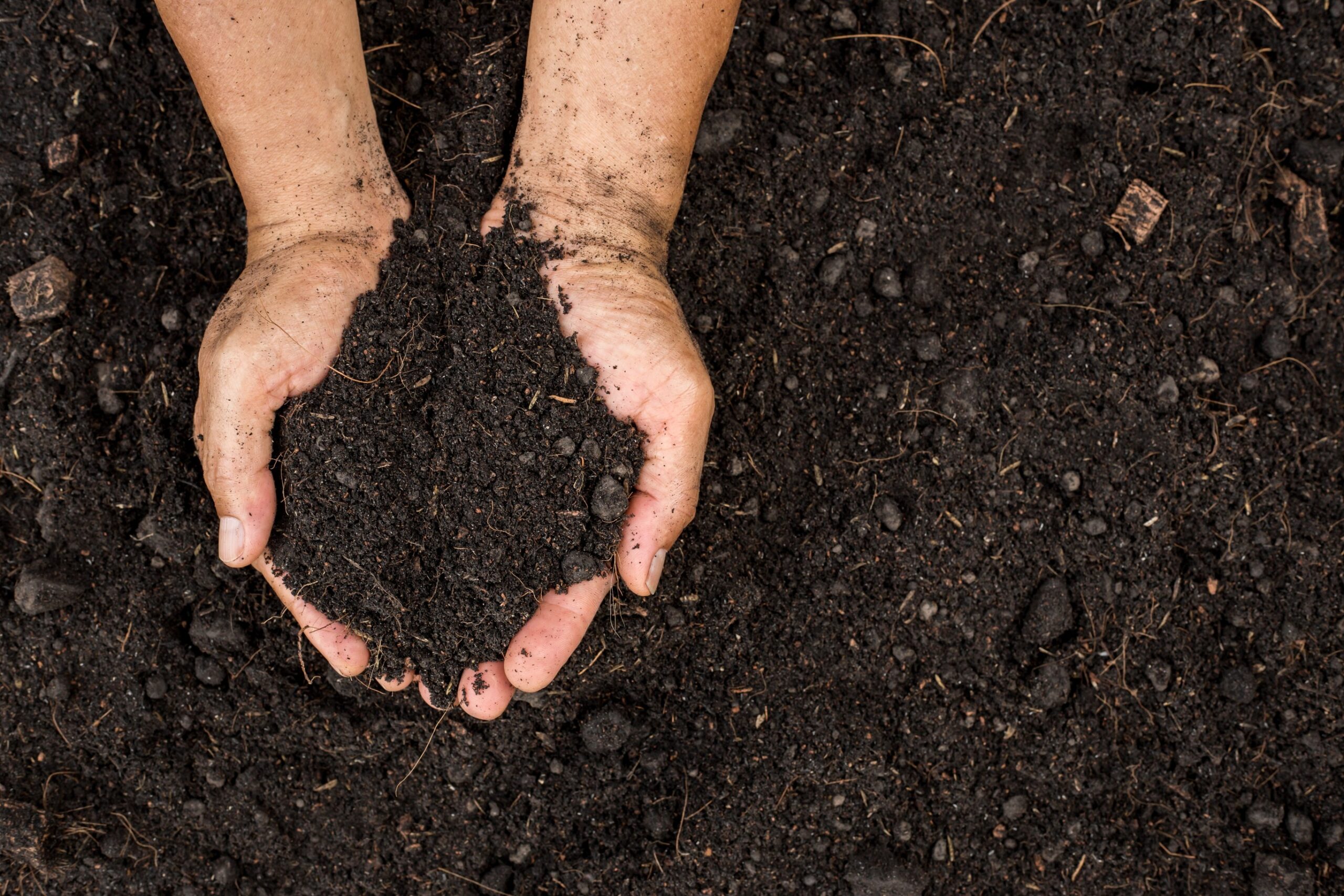Farming in the UK is currently at a crossroads, generating only 0.5% of the nation’s GDP, facing severe sustainability issues, and struggling with succession. How regenerative agriculture can revitalise soil health, boost crop yields, and foster environmental resilience, presenting a transformative solution for the future of UK farming?
In a recent webinar titled “Unlocking the Power of Regenerative Agriculture: A Sustainable Future for UK Farming,” featuring agricultural experts Jim Flambert and Charlie Curtis explored regenerative farming and its potential to support sustainable farming practices.
The Role of Soil Conservation and Cover Crops
One of the key takeaways from the webinar was the crucial role soil plays in regenerative agriculture. As Jim Flambert emphasised, soil health is the cornerstone of a resilient, productive agricultural system. Increasing soil organic matter not only improves soil water storage and supply capacity but also serves as a significant carbon sink, helping regulate our climate.
Charlie Curtis highlighted the importance of strategic crop rotation and integrating livestock into farming systems for a truly holistic approach to regenerative agriculture.
With a carefully planned rotation, certain species can significantly enhance soil health. Furthermore, livestock contributes to farm productivity and resilience. Their manure and grazing habits can reduce the need for labour-intensive tasks, providing an almost free source of nutrition.
Implementing Regenerative Agriculture Principles
Understanding the principles of regenerative agriculture is just one part of the equation. As farmers, we need to measure and monitor our efforts, validating the efficacy of our practices. By adopting data-driven strategies, we can make informed decisions, adjusting and adapting our approaches for maximum benefit. We must recognise that adopting regenerative agriculture is a journey, not an overnight transformation. As Jim rightly pointed out, “Farmers should start small, think through what they’re going to do, research it, and trial it”.
At Map of Ag, we are dedicated to helping farmers navigate this journey by providing a platform for collecting, integrating, verifying, and presenting farm data. With a data-driven approach, we can evidence the positive impacts of regenerative practices and set a course for a more sustainable future in farming.
In summary, regenerative agriculture presents a transformative solution to the challenges facing UK farming. By revitalising soil health, integrating livestock into farming systems, and adopting a data-driven approach, we can foster a resilient, sustainable future for UK farming.
As a farming community, we must come together, share our knowledge, and collectively embrace the regenerative agriculture revolution. As Jim Flambert and Charlie Curtis shared in our webinar, “Regen ag works alongside nature to increase biodiversity, protect the environment, and increase resilience”. It’s time we unlock the power of regenerative agriculture and build a sustainable future for UK farming. Join us on this journey, and let’s harness the potential of regenerative agriculture together.


